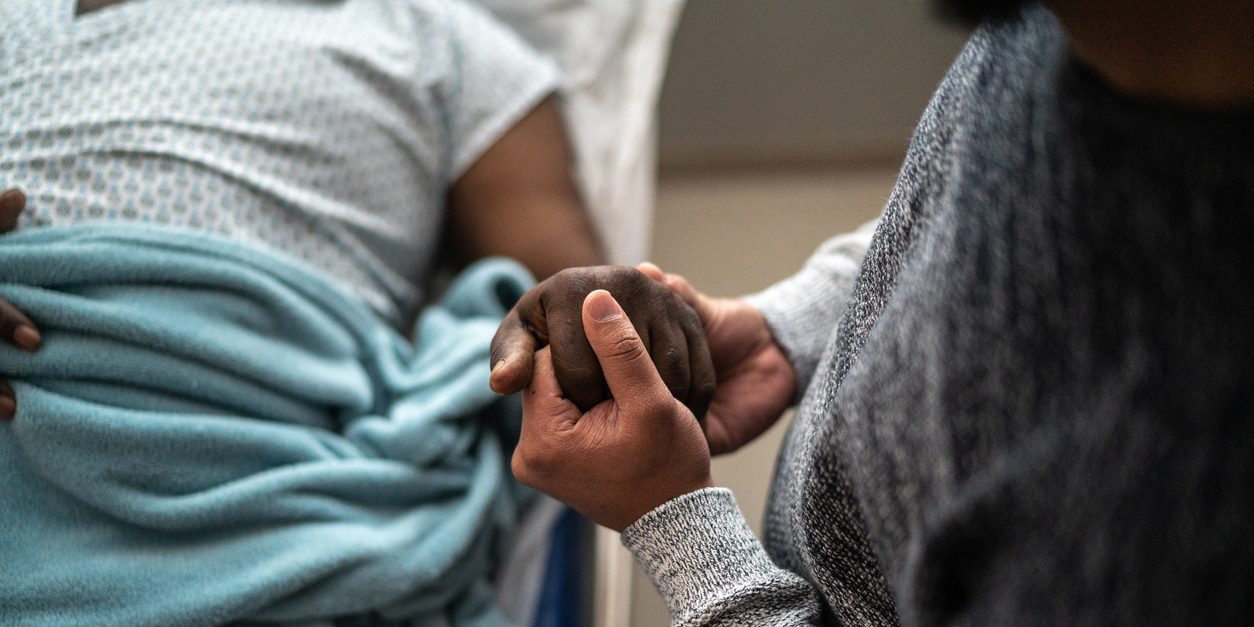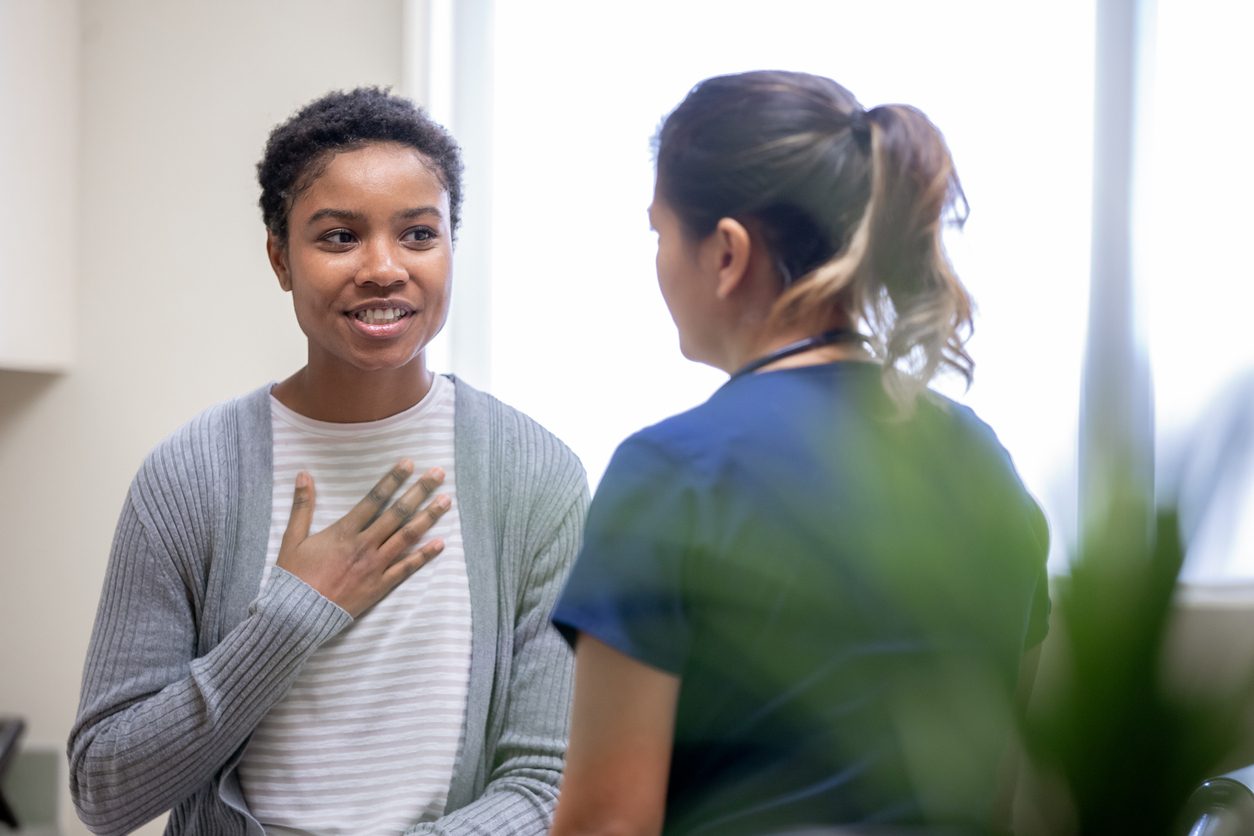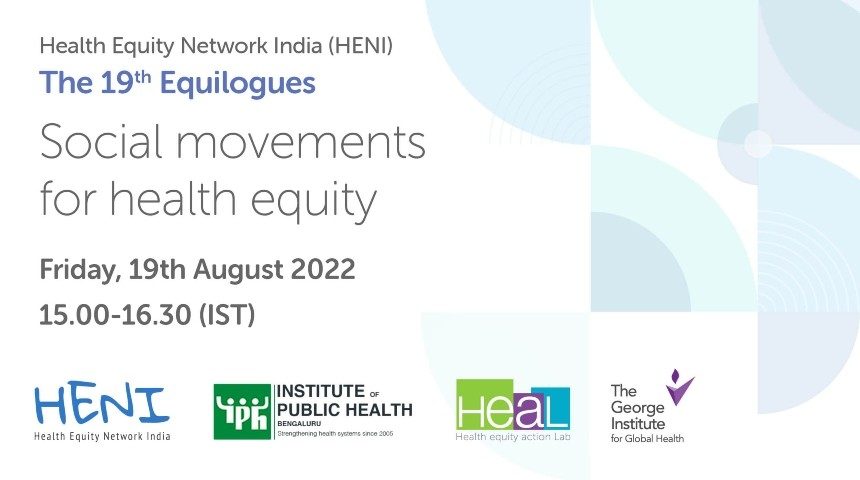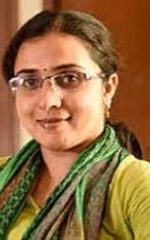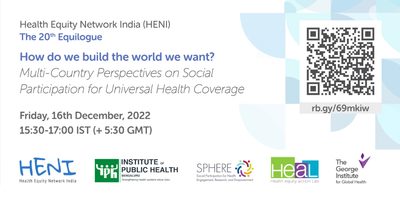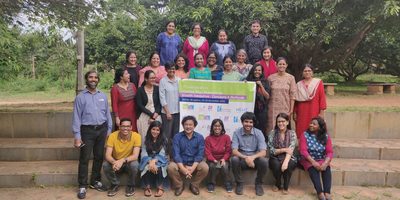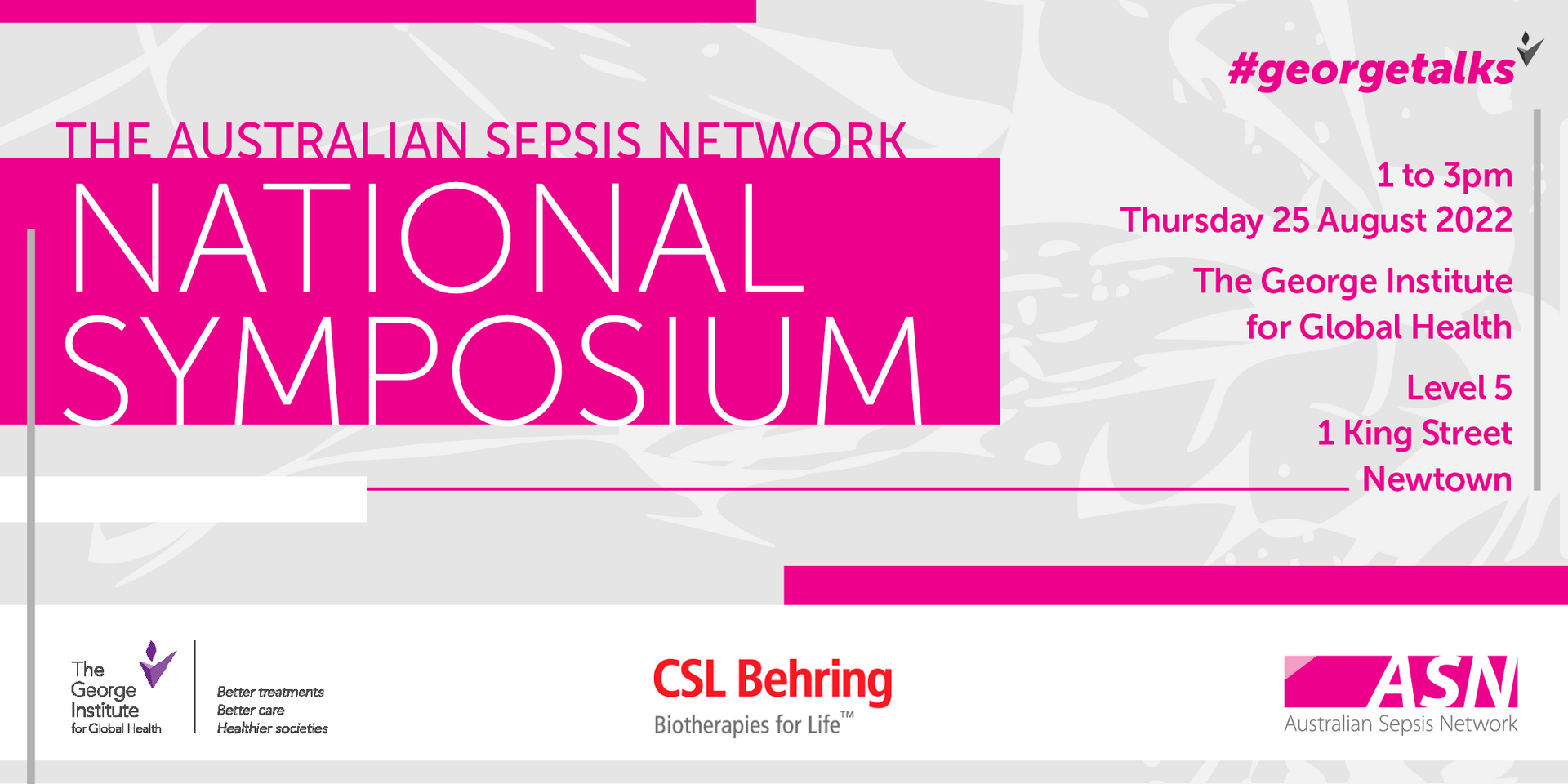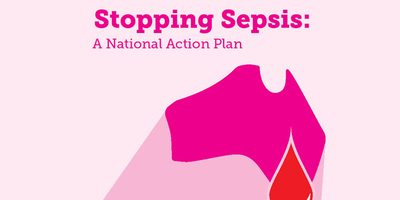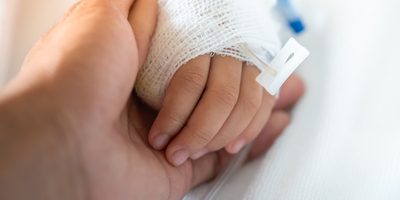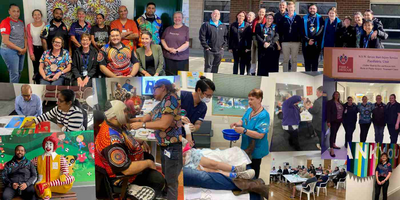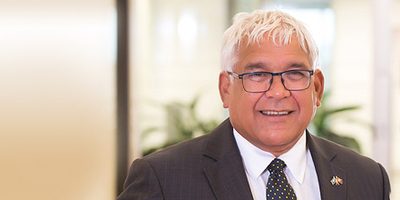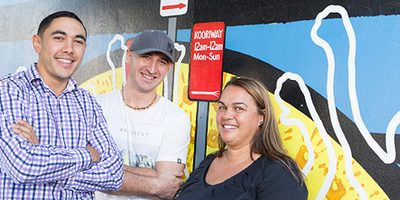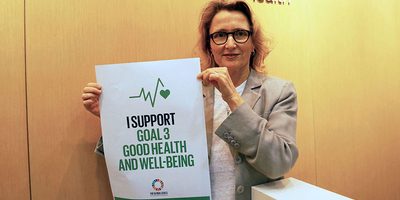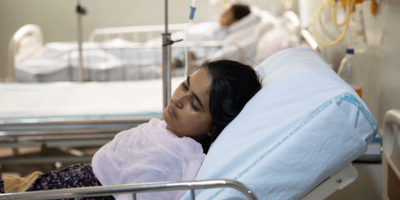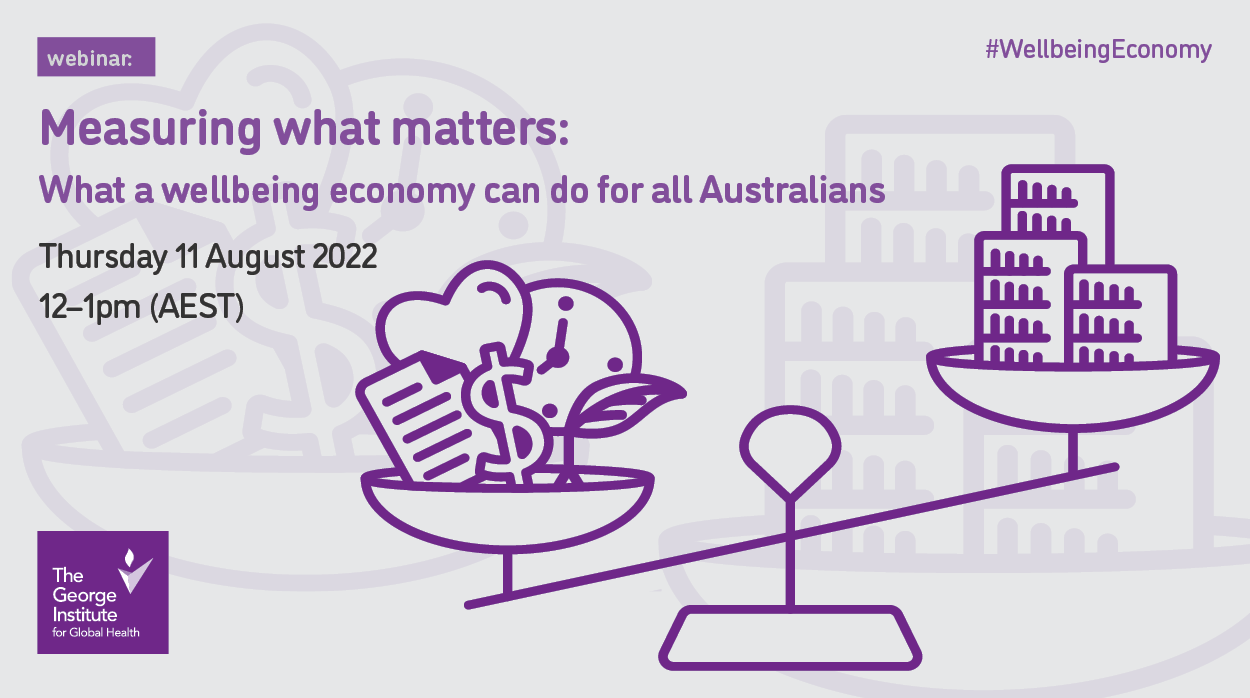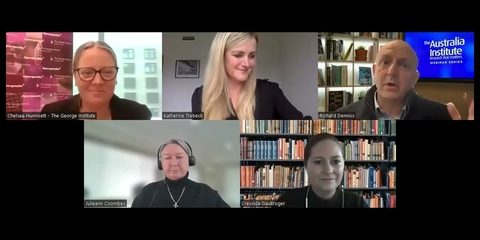The Department of Health and Social Care (DHSC) recently released its long-awaited first Women’s Health Strategy for England, following a Government consultation to which The George Institute, UK made two submissions, one in collaboration with Imperial College London. Aligned with The George Institute’s vision, the 10-year strategy commits to taking a life course approach to understanding how women and girls' health changes throughout their lives, from adolescence and young adulthood to later life. It rightly emphasises the need for tailored services involving social and health services, with in-person and remote services as best practices.
Responding to the strategy, Prof Robyn Norton, Acting UK Executive Director and lead of the Institute’s research, implementation, and advocacy efforts aimed at improving the health of women and girls worldwide said: “We welcome the publication of this much-needed strategy, particularly the strong commitment to expedite evidence-building by commissioning new policy research units dedicated to women’s health, and the recognition that healthy ageing and long-term conditions such as cardiovascular disease are major issues for women. We strongly support the ambition to encourage disaggregation of health data by sex wherever possible and appropriate and would urge that data are also disaggregated by gender. Our research, and that of others, shows that women are less likely than men to receive evidence-based care, and experience worse health outcomes as a result.
We are pleased to see a focus on collaboration, with the strategy clearly outlining the role of organisations such as NHS England, NIHR, NICE and Health Education England in improving the health and care system for women and girls, along with industry in the form of FemTech. The appointment of Professor Dame Lesley Regan of Imperial College London as the first ever Women’s Health Ambassador for England gives us confidence that women’s voices will be listened to, and we stand ready to support her in implementing the commitments outlined in the strategy.”
Crucially, and aligned with The George Institute’s goal to support under-served populations, the strategy reiterates the Government’s commitment to tackling inequalities in women’s health, by increasing the participation of women in research, particularly women from ethnic minority groups, pregnant women, and lesbian and bisexual women. Enhancing information provision within educational settings and expanding the reach of health information to ensure it is accessible to all women will also help to address inequalities.
Notwithstanding its strengths, the strategy fails to prioritise and resource non-communicable disease prevention and treatment in a gender-sensitive way. In the UK, dementia, acute coronary syndromes, cerebrovascular disorders, and chronic lower respiratory diseases are among the leading causes of death for women. It is crucial that women receive the same quality of care as men for these conditions and that interventions are gender-sensitive, equitable, and evidence-based.
“We are also concerned by the lack of dedicated funding and omission of measurable indicators to support and monitor the instrumental changes that the strategy commits to – for instance, on measuring the impacts of mental health, healthy ageing, and long-term conditions on women. The strategy is a step in the right direction but is by no means enough on its own to make long-lasting improvements to the health of women and girls. We look forward to seeing funding commitments and a robust implementation plan shortly, and to playing our part in driving forward action.”


